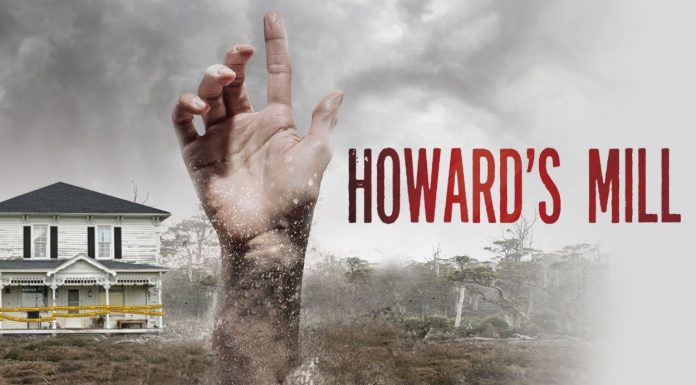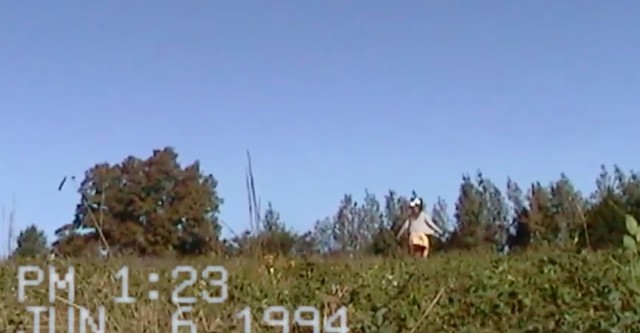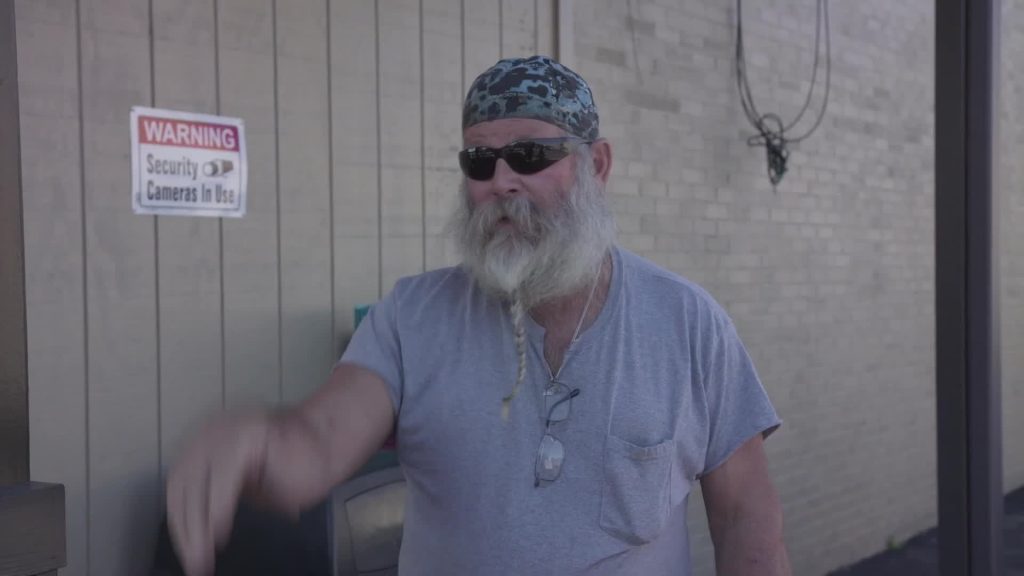Is the Documentary Howard’s Mill Real? – Are you ready to venture into the mysterious world of “Howard’s Mill“? In this article, we’ll closely examine this captivating documentary-style film directed by Shannon Houchins and Kaiser Whitmire that has left audiences both mesmerized and perplexed. “Howard’s Mill” takes viewers on an incredible journey into Tennessee with chilling disappearances that lead to an incredible tale that blurs between fact and fiction.
But here’s the question that has everyone buzzing: Is “Howard’s Mill” based on reality, or was it cleverly fictionalized? In this comprehensive exploration, we will take you on an incredible journey that reveals all about “Howard’s Mill”. From plot, characters and mysteries surrounding abandoned farmland in Springfield, Tennessee – come with us on an expedition that unravels the truth about Howard’s Mill!
What Is Howards Mill About?
“Howard’s Mill” chronicles the mysterious mysteries surrounding an abandoned 14-acre property known as Howard’s Mill near Springfield, Tennessee. The documentary begins with Emily Nixon, an amateur treasure hunter exploring this desolate terrain with her husband Dwight, suddenly going missing after visiting Howard’s Mill with him.
As the story develops, viewers become immersed in an intricate web of suspense and intrigue. At first, police initially suspect Dwight as the prime suspect for his wife’s mysterious vanishing act, but as the investigation deepens further, filmmakers Shannon Houchins and Lauren Whitmire uncover unsolved cases dating back four decades; these include the mysterious vanishance of worker families in 1977, Rebecca’s disappearance as owner’s daughter in 1979 (seen here), another daughter’s disappearance in 1981 (seen here), as well as Sarah Winston who disappeared on video camera).
Filmed as a documentary, this suspenseful thriller takes an unnervingly supernatural turn that keeps audiences guessing. Intertwining multiple cases during investigation mirrors real-life police work, where each mystery often brings up new questions or connections to unsolved ones.
Is the Documentary Howard’s Mill Real?
Now, let’s address an important question: Is “Howard’s Mill” based on real events? You might be surprised to discover the answer is no – contrary to its documentary format, “Howard’s Mill” does not involve actual happenings and is entirely fictional. Film creators Shannon Houchins and Kathryn Lyn have created an exciting mystery tale, blurring the lines between fiction and reality in their film’s creation.
This genre can best be described as “mockumentaries,” in which elements of fiction are subtly presented as fact to drive the plotline and intrigue audiences. By weaving fact and fiction together in this way, filmmakers create an unnerving and realistic atmosphere within their films – further heightening viewer interest and intrigue for viewing audiences alike.
The film’s credibility is further reinforced through its use of an interview format and exceptional performances delivered by Josefina M. Boneo, Mark Cabus and Jeremy Childs – who give stunning performances as Josefina Boneo, Cabus and Childs, respectively – making the movie seem as real a true crime documentary as possible. These interviews with characters like Josefina Boneo reveal layers of mystery within the narrative, with each new interview undertaken gradually building tension and suspense throughout.
Where is Howard’s Mill?
“Howard’s Mill” can only truly be understood if its geographical setting is understood. Howard’s Mill is situated near Springfield, Tennessee, in the United States – its remoteness adds an air of mystery that’s perfect for this film.
The mill sits on a vast 14-acre property that has become famous for mysterious happenings and an ominous air, adding another dimension of mystery and foreboding that permeates its characters and audience. This unnerving environment is essential in setting the overall tone and sense of foreboding seen throughout this film.
When Did Emily Nixon Go Missing?
Emily Nixon’s disappearance catalyzes the chilling events unfolding in “Howard’s Mill.” In 1988, Emily, known for being an amateur treasure hunter, took her husband Dwight on a visit to Howard’s Mill with hopes of uncovering hidden gems within its abandoned grounds. But this expedition would prove disastrous.
As the initial prime suspect, Dwight reflects a troubling reality wherein women face threats from domestic partners. Emily’s specific background adds another level of realism and credibility to her character within the film.
Emily’s role as a treasure hunter resembles a real-life activity undertaken by individuals contributing to the antiquities market. Treasure hunting has long been practiced and continues today. Indeed, companies employing archaeologists can ensure the process is conducted safely while not jeopardizing cultural or historic preservation efforts. Furthermore, modern treasure hunters use cutting-edge technology to explore shipwrecks or submerged locations to search for valuable artefacts that could potentially significantly benefit them and society in general.
Conclusion “Howard’s Mill” may not be an exact retelling of actual events, but it adeptly incorporates elements of truth and realism to enhance its credibility and believability. With investigative narratives giving an illusion of authenticity to their storytelling style, director Mark Johnson managed to emphasize aspects and themes that resonated with real-life experiences, making the narrative relatable and intriguing for viewers.
“Howard’s Mill” is an impressive testament to storytelling’s power, deftly blurring between fact and fiction to produce an immersive and unsettling experience that leaves audiences questioning where reality ends and the supernatural begins.
Also Read: Are Diego and Flour Based on Real Singers in Netflix’s ‘Freestyle’?










